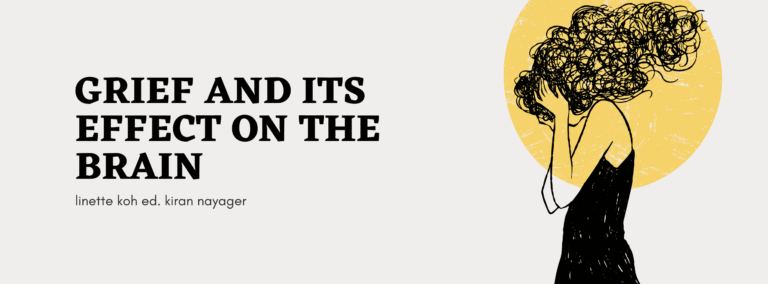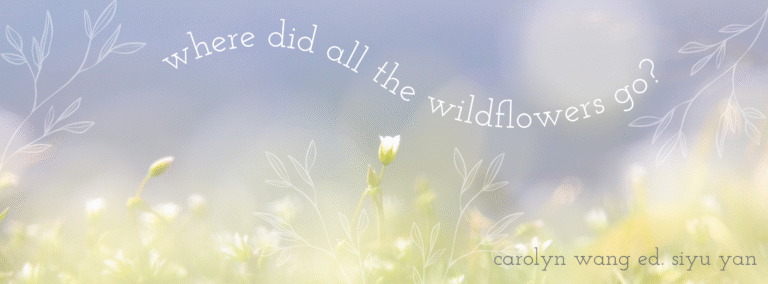
By Siyu Yan | Edited by Carolyn Wang
Imagination is ingrained in the divine act of creation. Reality is not dead or fixed, but it is continually being reconfigured in the creative act of the perceiver. The mind is not a passive observer but an active constructor of reality: each sensory input is woven into a dynamic tapestry of meaning, reshaped by past experiences, expectations, and the generative processes of the cortex. A child’s mind offers minimal resistance; a mundane cardboard box can become a house, car, or rocket ship.
Imagination rebels against the excessive demands of pressures – in favour of the diffuse pursuit for wisdom of the uncharted deep self. By activating networks like the default mode network – the crucible daydreaming and mind-wandering – we drift through landscapes of possibility, harvesting fragments of knowledge that lie dormant within the neural substrate. We find ourselves delving into different pockets of knowledge and experience that otherwise circulates unexplored. There, imagination is the highest freedom of all.
The ancient dichotomy between what we know and what we envision is found in almost every cornerstone of human intellectual endeavour; well-reasoned versus Romantic approaches towards poetry, the pragmatic versus ivory-towered visions of artificial intelligence, the contrast between the arithmetic cipherings of industrial engineering and the feathery abstractions of architectural design. The real world – that dull conviction – is black-and-white, methodical and conservative. Imagination is colourful, unbounded and radical.
–
A child’s preoccupation with a cardboard box is the same reason that they see things as simple and chaste, shielded from whatever is ugly, repulsive and immoral. Reality, sheathed as it is with the Darwinian chill of being nothing extraordinary, can be a bleak place. The compelling antidote is imagination. The more our minds are able to simulate a reality-like experience, the more distracted we can become from actuality. We become individuals in a waking world, but never quite awake.
The theater of the mind allows us to detach from immediate sensory input and immerse ourselves in alternative realities, from the utopia of Star Trek to the dystopia of The Twilight Zone. As fantastical as man’s control over the weather, they conceptualise improbable prospects of the future. Yet, they leave a lingering impact on our perception of the world and how we respond to it, provoking our minds to hope or fear beyond the sober limits of probability.
In his greatest work, ‘Republic’, Plato argues that imagination forges only illusion which “mistak[es] a semblance for the reality it resembles”, itself apprehended by reason. The world rests on the bedrock of reason, upheld by an intricate algorithm of checks and balances – much like the precise calibration of a ventilator in the ICU. Adjusting the settings arbitrarily would lead to anarchic unprincipled chaos.
–
Perhaps, imagination and reason are not adversaries but co-conspirators in the grand symphony of cognition. Imagination without reason breeds delusive fantasies that threaten the agent of our mind. Reason without imagination dwindles into a lifeless banality. Perhaps the most significant invention of our imagination is our notion of imagination itself.











